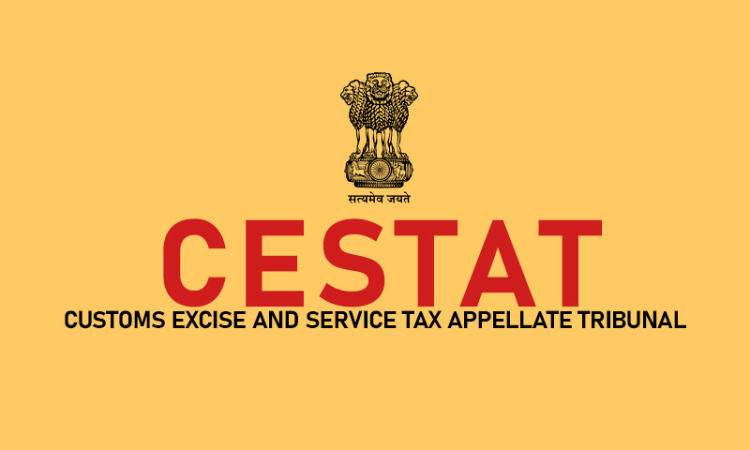Penalty Can't Be Levied When Extended Limitation Period Is Not Invokable: Chandigarh CESTAT
Mariya Paliwala
26 Jun 2024 11:25 AM IST

Next Story
26 Jun 2024 11:25 AM IST
The Chandigarh Bench of Customs, Excise, and Service Tax Appellate Tribunal (CESTAT) has held that when the extended period is not invokable, the penalty under Section 78 of the Finance Act, 1994, is also not leviable since the ingredients for invoking the extended period and levying the penalty under Section 78 are the same.The bench of S. S. Garg (Judicial Member) and Rajeev Tandon...
